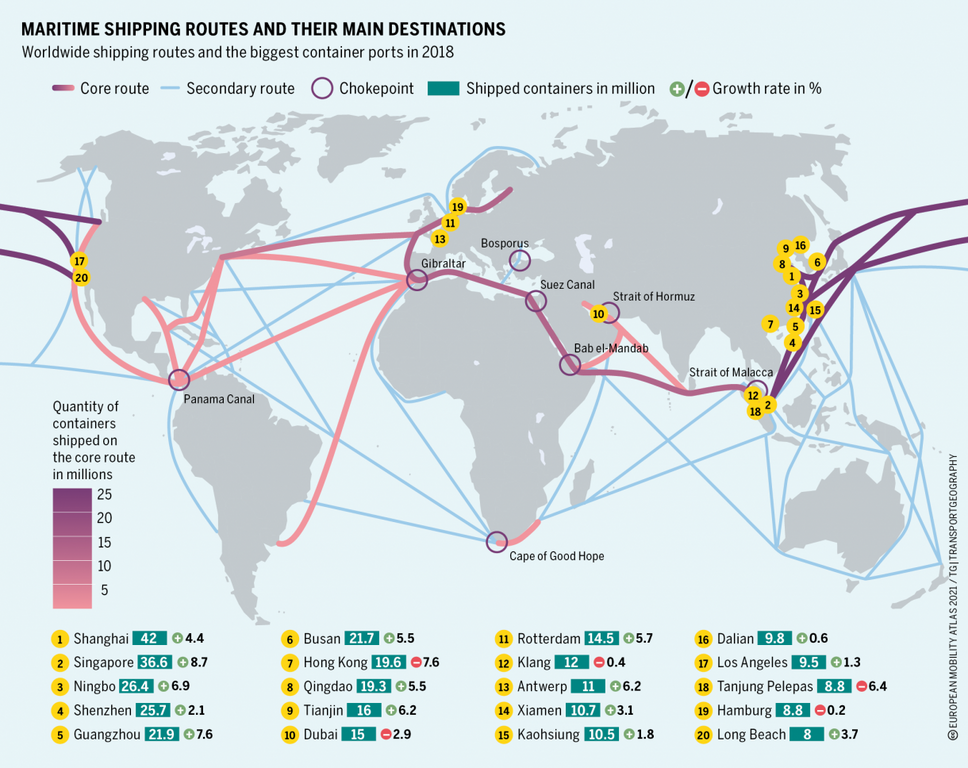As the world is inching closer to the worst case scenario and there is a new escalation virtually every week, insurance and reinsurance companies are pricing in incredible, sky rocketing risk premiums.
In a recent report, one of the biggest in its industry, an insurance agency Lloyds of London, reported that geopolitical conflict scenario sees global economy exposed to $14.5 trillion loss.
In the event of a wider conflict, the company believes that there is a high probability of the global economy being exposed to losses anywhere between $7.8 trillion in the lowest severity scenario up to $50 trillion in the most extreme scenario. This would cause widespread, global disruption to trade and supply chains.
Lloyds reports that a major geopolitical conflict with multiple belligerents is now not a “remote possibility”, but a systemic risk:
“With more than 80% of the world’s imports and exports – around 11 billion tons of goods – at sea at any given time, the closure of major trade routes due to a geopolitical conflict is one of the greatest threats to the resources needed for a resilient economy.
Europe for example, which is heavily reliant upon other industrially advanced states for supplies like semiconductors for car and electronics manufacturing, could stand to lose up to $3.4 trillion.”
Is Europe in a position - economically, financially and politically - to risk incurring losses and severe damages of this magnitude? My guess is that the answer is quite obvious.
At the core of the systemic risk related to geopolitical escalations lie global supply chains.
Main maritime shipping routes, chokepoints and biggest container ports. Image: Heinrich-Böll-Stiftung European Union, CC BY-SA 4.0
“The stakes are very high indeed. Many of the world’s key shipping gateways control access to high concentrations of vital resources, and the ability to control or deny access to this critical part of the supply chain can be a key weapon in the arsenal of governments willing to exert pressure on opponents or other nations.”
Lloyds is emphasizing that other countries are likely to utilize all tools available at their disposal, similarly to the United States and the European Union weaponizing the U.S. dollar to wage economic warfare against its adversaries.
What are the major shipping routes to be aware of and where are they located? How does an increase in transportation risk affect us? I cover more details on the exposure of global economy to trillions in losses in the recent video:supply





